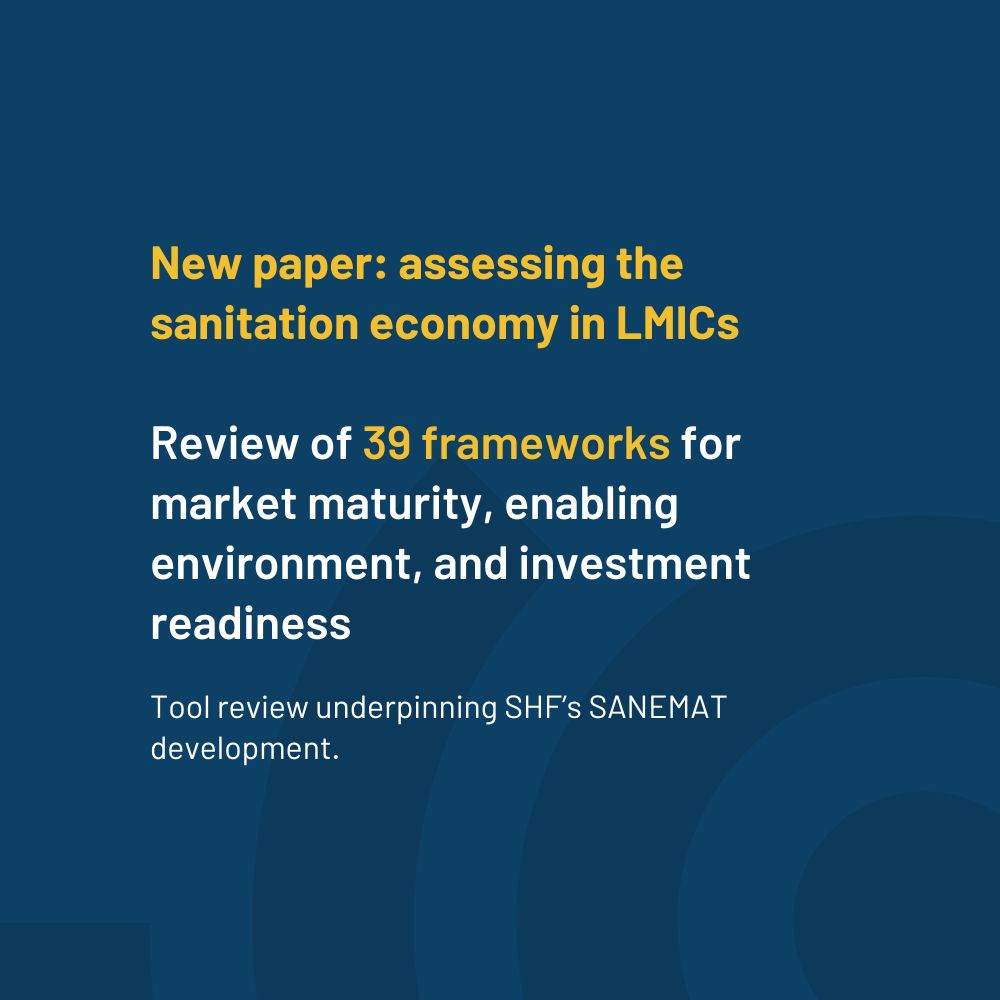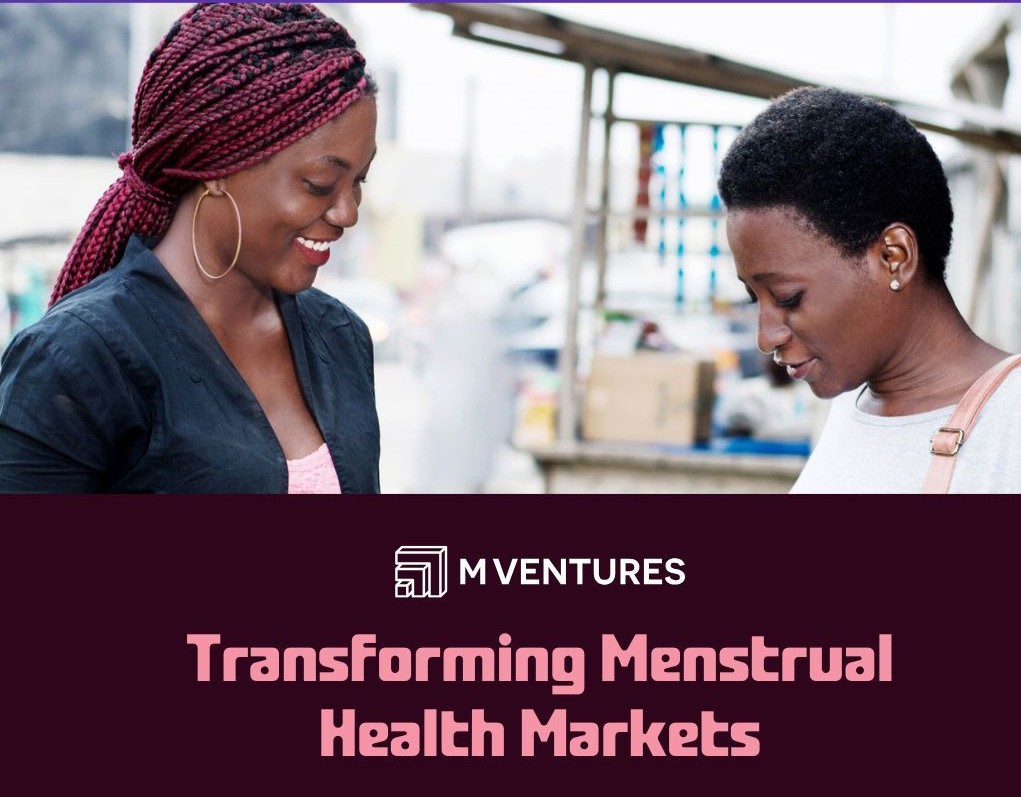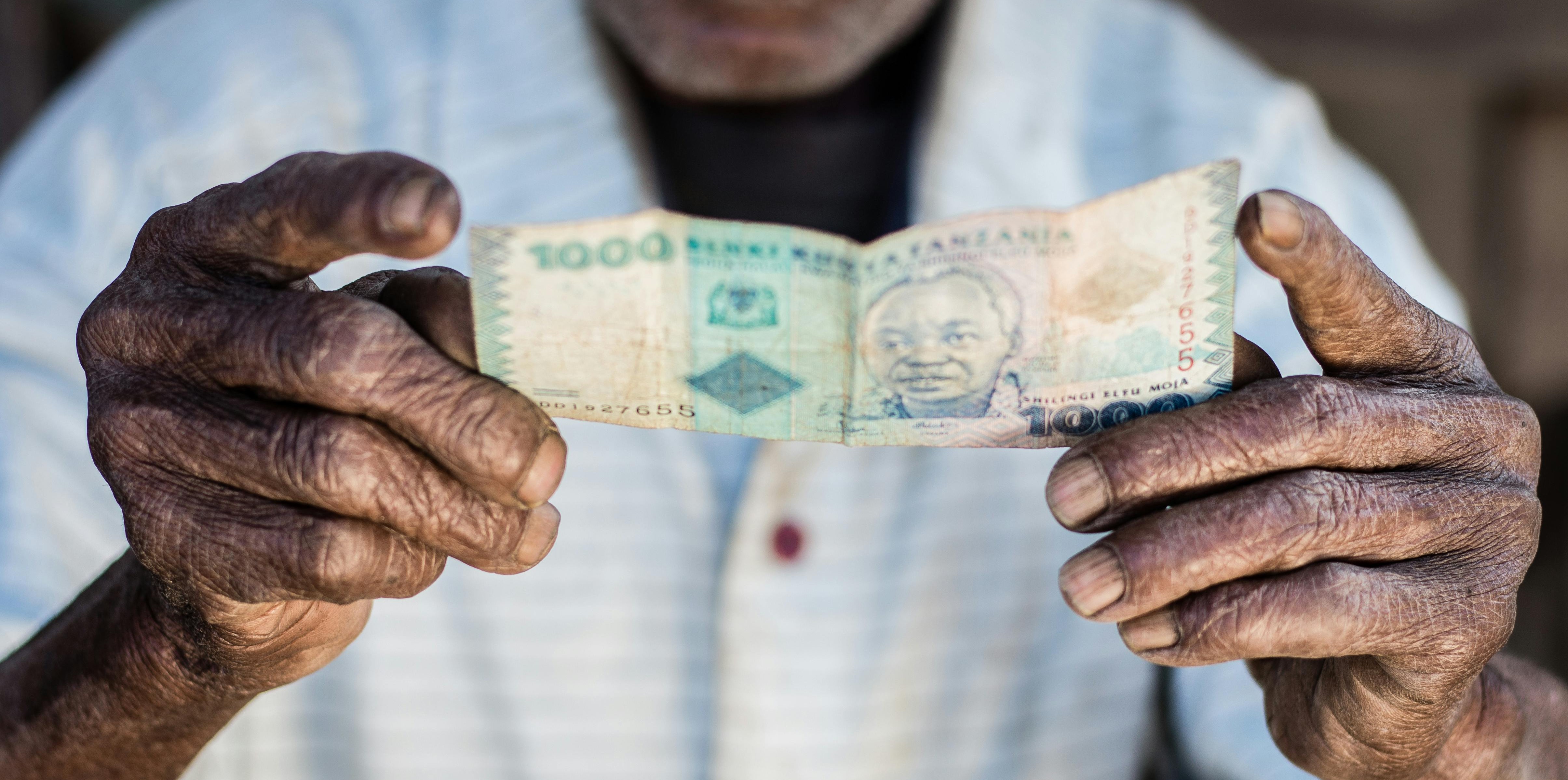
Why is menstrual health investment still in the red?

I grew up in Liberia at the turn of the century and while my life experience is different to that of the older women in my family and many of the women and girls reading this article, I would wager that most of us have at least one thing in common: that menstruation was discussed with and around us in hushed tones, at times even as a taboo or myth.
Ironically, the very biological attribute that gives women the ability to bring life into this world (should she/they choose) has been shaped by the mainstream discourse on menstruation to alter their destinies. In the absence of access to safe and clean toilets and menstrual products, girls are forced to be absent or abandon schools once they start menstruating. There are also cascading effects on their lives, safety, reproductive health, equality, livelihood opportunities, the list goes on.
I could have very easily become one of the statistics. When I became pregnant at the age of 14 due to circumstances beyond my control, I knew little about reproductive health and few people believed I would be able to realize my dreams but I worked hard to complete my school and go on to earn a Master's Degree. I took control of my destiny and in doing so, I knew I wanted to work to help women and girls elsewhere take control of theirs. And menstrual health is where we needed to start.
Eight years ago, I established Pad4Girls, the first of its kind women’s cooperative manufacturing affordable, reusable and sustainable pads for girls and women in rural Liberia. I went from door to door finding volunteers to join the cooperative and use the pads, quite an undertaking in a society still shy to talk openly about ‘women’s problems’. But today, Pad4Girls is slowly becoming mainstream in our community. Pads are sold in packs of six to last through one menstrual period before washing and we are seeing girls come and stay in schools during menstruation - an invaluable win.
And yet, this is a drop in the ocean. About 500 million women and girls globally face constraints in their needs to manage their menstruation well. That means almost one in four women of reproductive age worldwide struggles to access life-changing, and sometimes life-saving, Menstrual Health and Hygiene (MHH).
For a society that prides itself on progress and innovation, investment and infrastructure have both missed an opportunity to meet the needs of half of the world’s population. Menstrual health and hygiene investment is literally in the red and it doesn’t have to be.
Like Pad4Girls, initiatives like Afripads and BeGirl are equipping people who menstruate with recyclable, affordable and safe menstrual products. And while the products may vary, what is important is that they are offering those who menstruate a viable choice to manage and practise safe menstrual health and hygiene. Such solutions need scale and that is what the UN’s Sanitation and Hygiene Fund (SHF) is aiming to catalyze.
Through its expertise in MHH, innovative financing and focus on women and girls, the SHF is working with countries to develop a comprehensive pipeline of investable MHH projects that meet the needs of local communities, and streamline funding and investment towards these, with the scale and reliability so urgently needed.
It is time for a new approach on MHH, one that values its importance to people who menstruate as well as its significance to achieve global goals on education, gender, health, economies and the environment. To ensure girls stay in school, grow, thrive and shatter glass ceilings, we need to break the red frontier - now.
(This article first appeared in The Guardian Hosted By series April 2022.)



